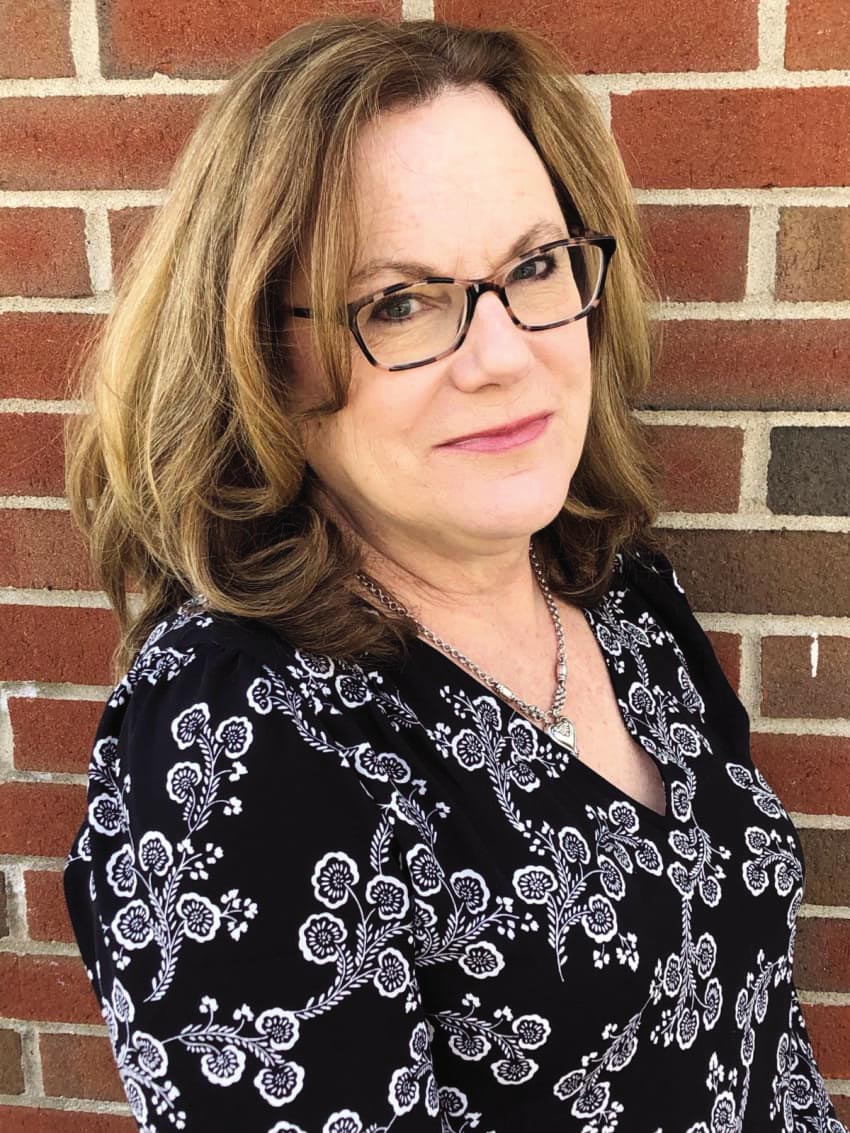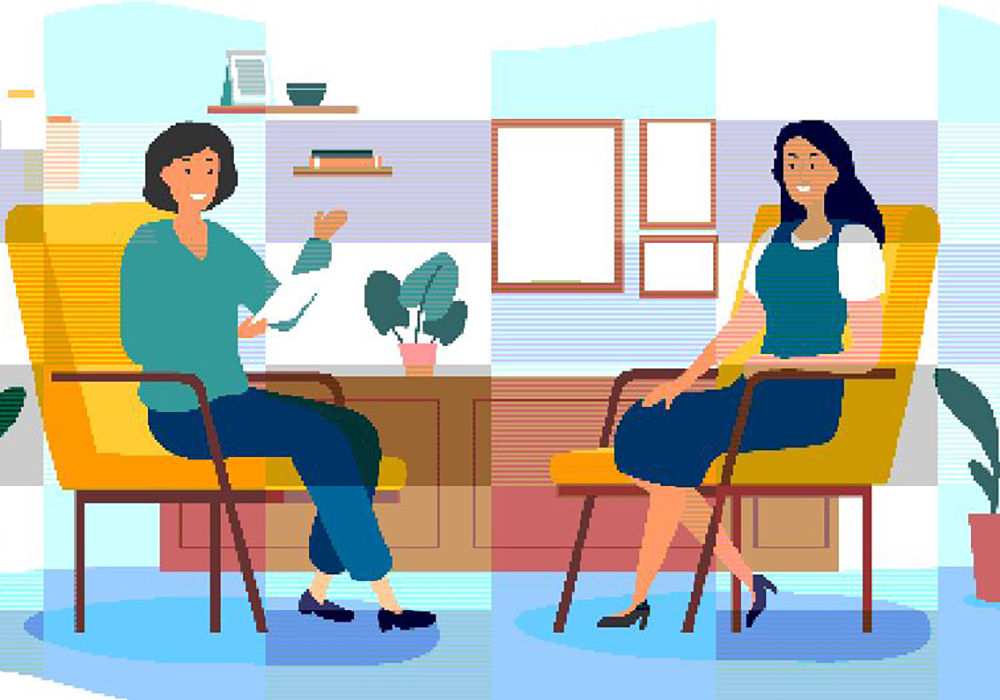The interprofessional team for chimeric antigen receptor (CAR) T-cell therapy at Smilow Cancer Center at Yale New Haven includes a transplant team, cell collection and processing unit, intensive care unit, pharmacy, telehealth for home evaluations, and social work. On that team, the oncology clinical social worker’s role is chiefly to help patients and families manage the stress associated with therapy. We provide patients and family members with ongoing clinical social work support, including listening, counseling, educating, advocating, and referring them to resources and services.

At Smilow, oncology clinical social workers conduct patient and family psychosocial assessments to identify barriers to care (e.g., abuse, neglect, suicidal ideation, substance misuse disorders, mental health challenges) and provide education, advocacy, and support opportunities across the treatment journey. We also talk with patients about their support network, coping skills, and goals. We may refer them to specialty programs such as spiritual care, nutrition, rehabilitation, medical assistance, and integrative medicine like yoga, meditation, and massage.
Oncology clinical social workers can provide education regarding community organizations that assist with housing, food, and utilities; financial resources; and transportation. We facilitate support groups to discuss coping strategies and provide education on advance directives and counseling to patients and their family members as they prepare for end of life.
Continuous communication with the interprofessional team is crucial in providing input on the patient’s psychosocial readiness for CAR T-cell therapy specialty care. We meet with our interprofessional team each week to discuss patients’ ongoing care needs at the initial visit and during treatment.
For CAR T-cell therapies in particular, oncology nurses and oncology clinical social workers work closely as a team. For example, an oncology nurse might refer a patient to an oncology clinical social worker if the patient appears to be struggling emotionally during their treatment or if they express worries about financial issues. The oncology clinical social worker and oncology nurse recognize possible patient needs and work together to reduce barriers and make the treatment journey positive.
A reward of oncology clinical social work is helping patients and their families recognize their resilience and strength. We encourage our patients to advocate for themselves on the interprofessional CAR T-cell therapy team and voice any concerns during treatment and survivorship. As we look to the future of interprofessional collaboration in CAR T-cell therapies, we will continue to work closely as a team, whether in person, over the phone, or on screen, to deliver quality cancer care to our patients.






